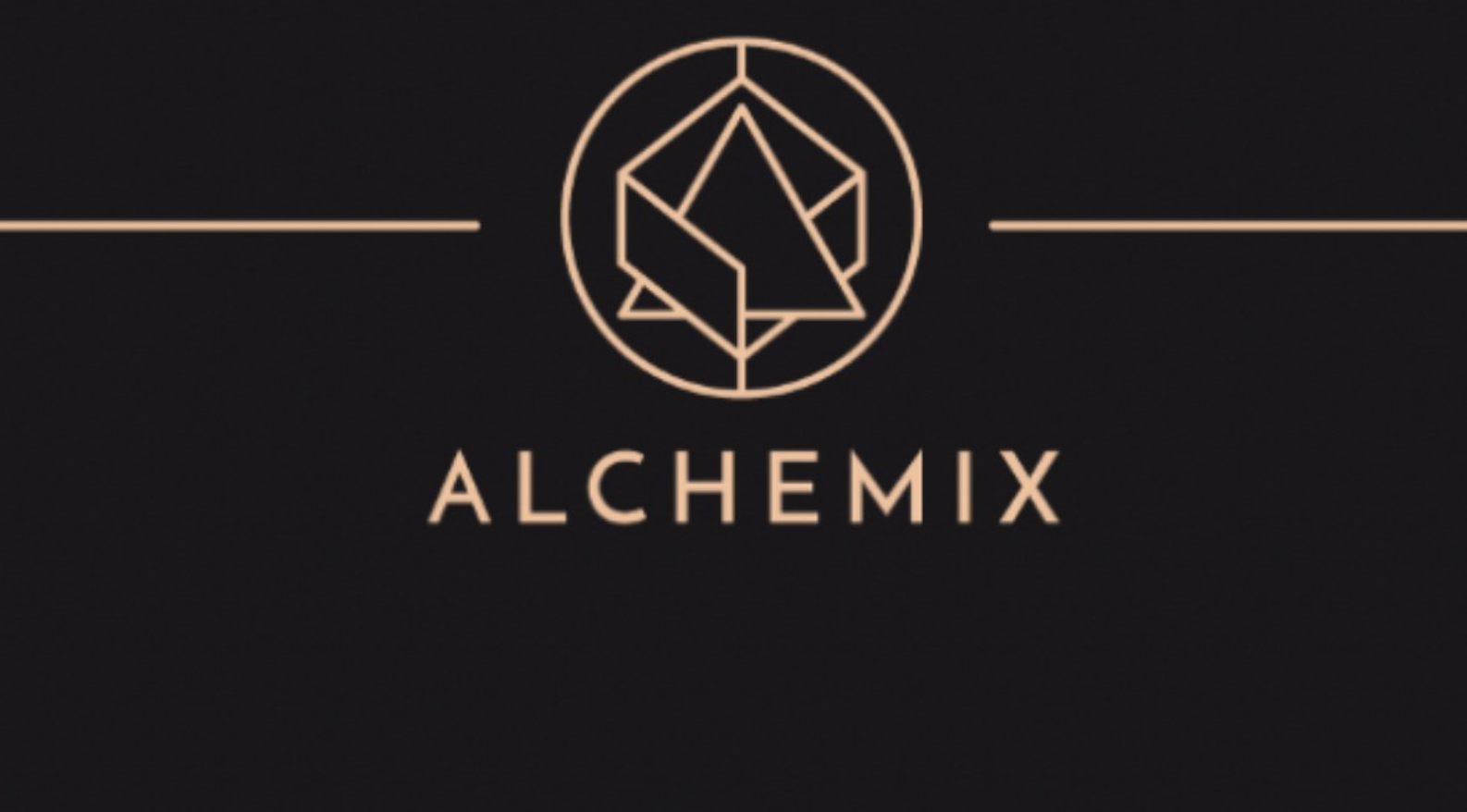Leading altcoin issuer Ripple’s CEO, Brad Garlinghouse, sparked discussions in the latest episode of the World Class podcast, expressing concerns about Tether (USDT) being targeted by the US government. Garlinghouse emphasized the significance of Tether within the crypto market and expressed uncertainty about the repercussions of such actions on the broader crypto market. Garlinghouse’s statements arrived alongside recent reports highlighting potential misuse by terrorist groups and sanctioned countries to evade financial restrictions, amid increasing scrutiny on stablecoins.
Tether CEO Ardoino Responds with “Cui Prodest”
Speculations about the future of Tether and its stablecoin, USDT, emerged during a period when Ripple is possibly preparing to launch its own stablecoin in June. Garlinghouse’s comments were interpreted as a strategic move to carve out a space for Ripple in the competitive stablecoin market, where Tether currently holds a dominant position with about 60% market share.

Responding to Garlinghouse’s remarks, Tether CTO Paolo Ardoino, particularly in light of ongoing investigations by the US Securities and Exchange Commission (SEC) into Ripple’s practices, questioned the credibility of the Ripple CEO’s statements. Ardoino suggested that Garlinghouse’s comments could be self-serving, using the Latin phrase “cui prodest,” which means “who benefits.”
Ardoino defended Tether, emphasizing its status as the most widely used stablecoin globally, especially in emerging markets and developing countries with hundreds of millions of users. He highlighted Tether’s past performance in maintaining price stability, supported by robust liquidity reserves, reputable custodians, and strict compliance measures.
Tether and USDT Continue to Be a Significant Concern
Despite Ardoino’s defense, concerns about Tether’s USDT’s potential role in circumventing financial sanctions, along with questions raised by institutions like Deutsche Bank about the strength of the stablecoin market, have increased. The ongoing regulatory scrutiny over stablecoins underscores the need for greater transparency and compliance in the crypto market.
While discussions about Tether’s future continue, stakeholders in the crypto market are focused on monitoring regulatory developments and their potential impacts on stablecoin issuers like Tether and the overall market.

 Türkçe
Türkçe Español
Español









